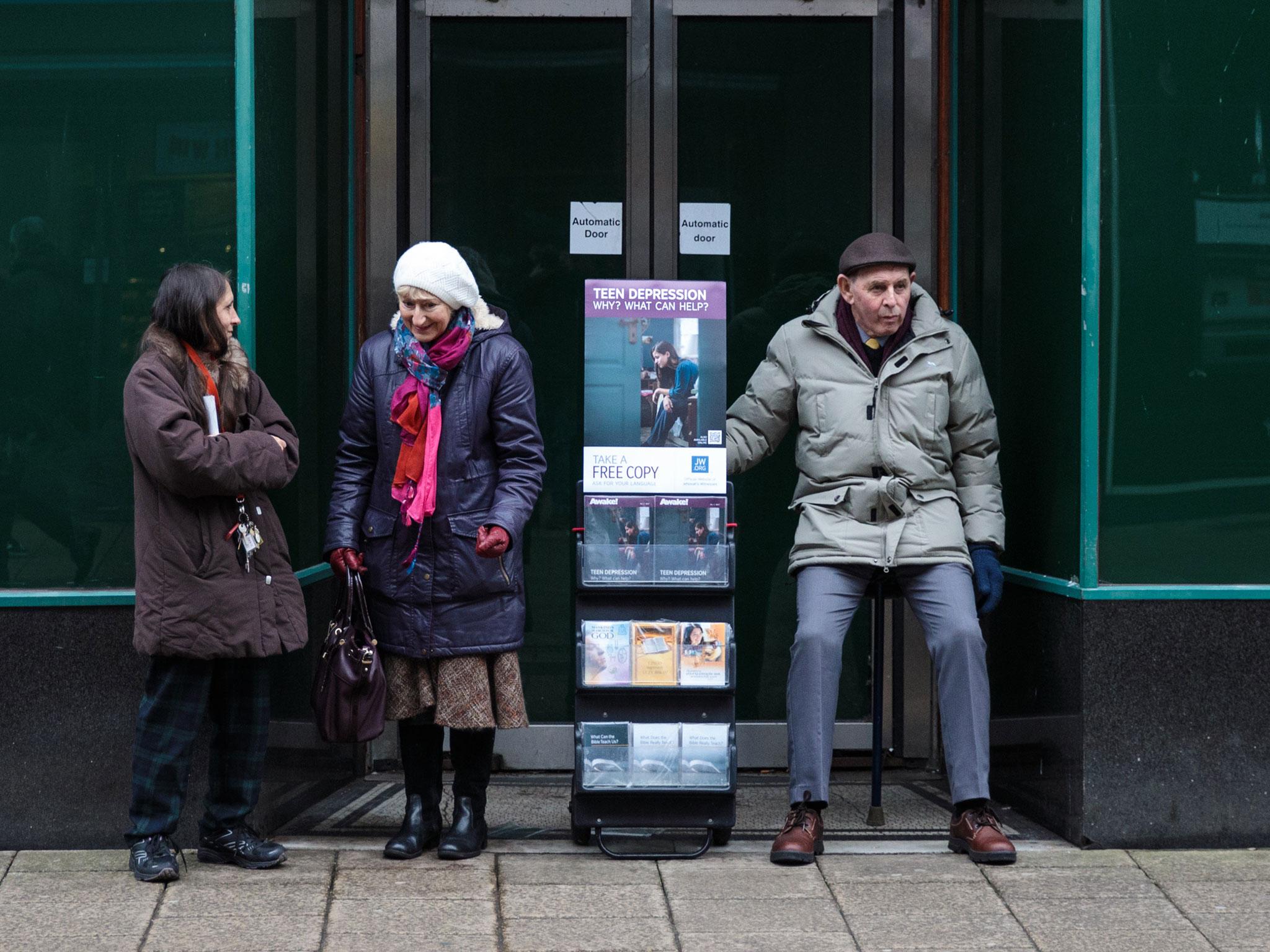Russia places Jehovah's Witnesses on banned list of 'extremist' organisations
Justice ministry says members pose 'a threat to the rights of the citizens, public order and public security'

Your support helps us to tell the story
From reproductive rights to climate change to Big Tech, The Independent is on the ground when the story is developing. Whether it's investigating the financials of Elon Musk's pro-Trump PAC or producing our latest documentary, 'The A Word', which shines a light on the American women fighting for reproductive rights, we know how important it is to parse out the facts from the messaging.
At such a critical moment in US history, we need reporters on the ground. Your donation allows us to keep sending journalists to speak to both sides of the story.
The Independent is trusted by Americans across the entire political spectrum. And unlike many other quality news outlets, we choose not to lock Americans out of our reporting and analysis with paywalls. We believe quality journalism should be available to everyone, paid for by those who can afford it.
Your support makes all the difference.Russia has placed the Jehovah's Witnesses on its register of banned "extremist" organisations.
The Christian sect's administrative centre near St Petersburg and 395 local organisations were added to the list by the justice ministry on Thursday.
Believers can now be charged for proselytising or gathering together.
In April, Russia's Supreme Court decided in favour of the justice ministry's characterisation of members of the Jehovah's Witnesses as posing "a threat to the rights of the citizens, public order and public security."
The denomination's properties, known as Kingdom Halls, will also be seized by the state.
The Jehovah's Witnesses are expected to appeal the ban at the European Court of Human Rights.
The British Government previously said it was "alarmed" by the ban and launched an appeal for Vladimir Putin to uphold religious freedom in Russia.
Jehovah's Witnesses, who are known for their door-to-door preaching and distribution of literature, reject some of mainstream Christianity's core beliefs.
The US-based group, which has more than 8.3 million adherents around the world, has generated controversy for its stances including the rejection of blood transfusion and opposition to military service.
Join our commenting forum
Join thought-provoking conversations, follow other Independent readers and see their replies
Comments